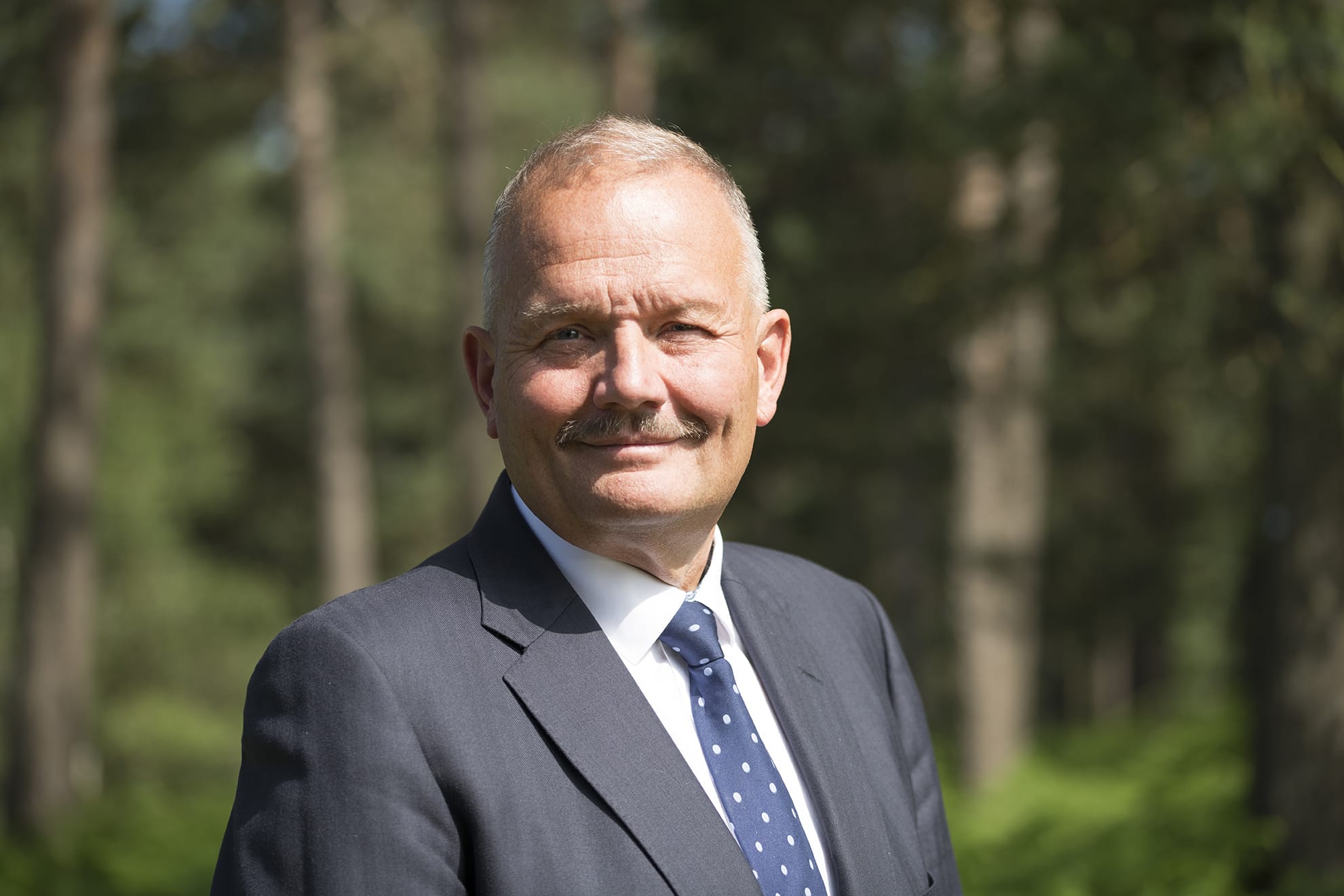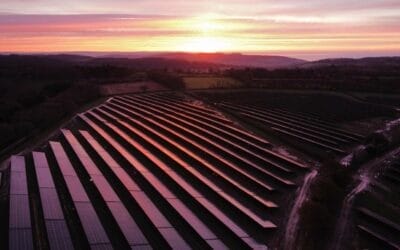Anesco Chairman Steve Shine
Businesses, government officials, academics and industry leaders from across the globe have this week gathered in New York, to advance the environmental agenda as part of Climate Week NYC 2018.
One key topic of discussion has been the opportunity that renewable technologies present for commercial organisations. According to guest panellist Steve Shine, executive chairman of UK-based renewable energy company, Anesco, the business case for ‘going green’ is growing daily.
Some of the world’s most high profile names – including Facebook, Amazon, Google and Sony – have already taken huge strides in this area. But according to Shine, the renewable revolution is not only reserved for the big boys.
“Interest in renewables is accelerating and from global conglomerates to independents, we’re starting to see businesses fully embrace renewables and to incorporate them within their financial and operational planning,” explains Steve.
“There has been a visible shift in the way such technologies are being regarded and what may once have been seen as a high risk investment, are now considered a strategic long term investment, that has benefits across many levels.”
In 2015, renewable power made up 23% of global consumption. By 2050, this figure is expected to rise to 50%. When it comes to investment, Bloomberg NEF expects $11.5 trillion will be ploughed into the renewable energy market between 2018 and 2050.
Steve continued: “Costs have fallen, and this has led to an explosion in interest among corporates, who are keen to start taking steps to reduce their energy costs, improve their carbon footprint, bolster their social responsibility and maintain a competitive edge.
“Companies are doing this by installing renewable technologies to generate and store their own power, and by working on improving their overall energy efficiency, to reduce the amount of energy being used and purchased from utilities.
“Additionally, in some situations renewables also now offer a way to diversify and generate revenue from previously untapped revenue streams. For example, in the UK there are numerous schemes run by National Grid which make payments to operators who help balance the electricity supply and demand.
“Overall, what this all adds up to is a strong business case for going green, so it’s easy to see why momentum is growing.”
While solar panels remain amongst the most popular and established technology to be utilised by businesses, battery storage units are now gaining traction and further, rapid growth is expected. Bloomberg New Energy Finance (BNEF) predicts that almost 1,300 GWh of new battery capacity will be commissioned worldwide by 2050.
“The beauty of renewables is their versatility,” continued Shine. “A business might opt for solar panels because they can be installed quickly and will then operate silently with minimal ongoing maintenance being required, for years to come. Battery storage may then be used alongside to maximise the returns gained from the solar panels, while at the same time opening the door to further revenue streams available through grid balancing services. But batteries can also be used in isolation and connected directly to the grid. All of these scenarios are seeing our customers at Anesco achieving good returns.
“Due to this versatility, a key differentiator for us has always been our knowledge of all renewables technologies – both established and emerging – and our ability to combine them for the greatest potential benefit, while accurately being able to model the long term financial rewards they present. These are the figures that investors and businesses really want to know, and need to be able to build a business case.”
Shine concluded: “In the last few years, renewables have really come into their own and in the short term this momentum will only increase, as confidence continues to build, and renewables shift from becoming a ‘nice-to-have’ to a ‘must-have’ for every business.”
Anesco is the UK market leader for energy storage, with an operational battery storage portfolio set to exceed 380MW by 2020. The company has developed 102 solar farms to date, while its renewables operations and maintenance arm is currently monitoring over 21,500 assets. In September 2017, Anesco developed the UK’s first subsidy-free solar farm, after reengineering the process of design.
Climate Week NYC – 24th-30th September 2018







